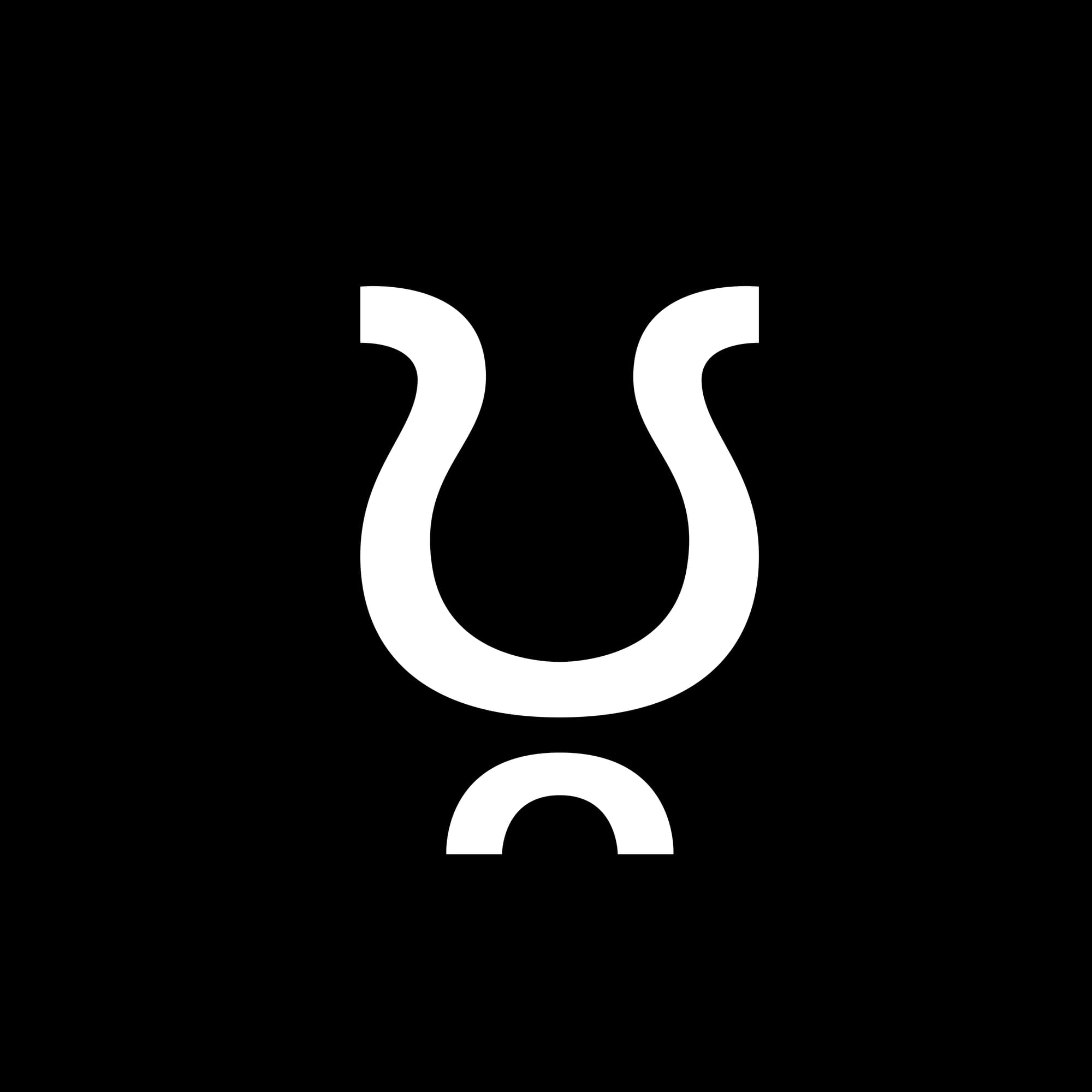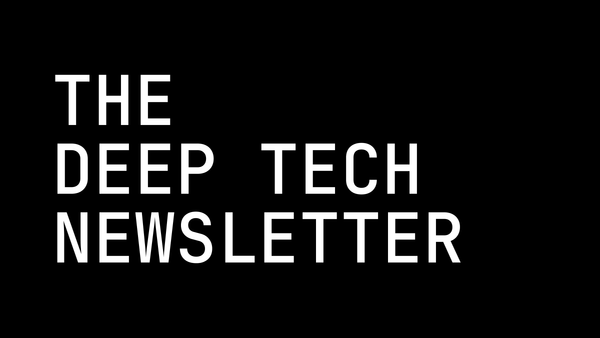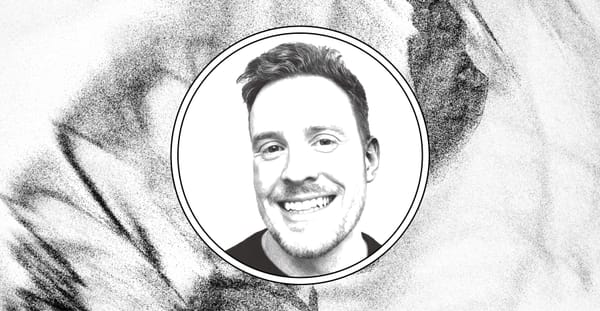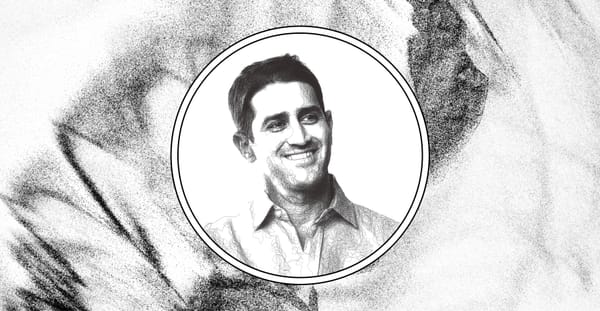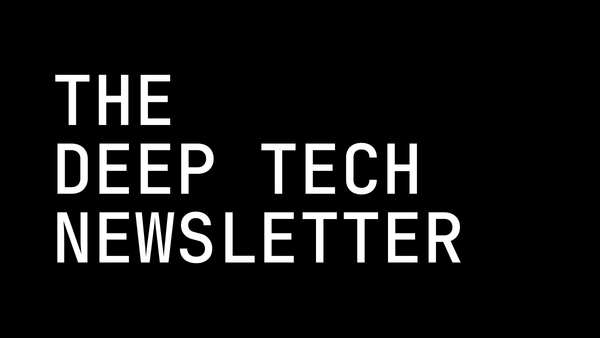Empowering Young Thinkers with The Knowledge Society’s Andrés R.M. Velarde
Andrés R. M. Velarde is the director of The Knowledge Society (TKS), a global innovation program training ambitious high school students to solve global problems using emerging tech and science.
Andrés R. M. Velarde is the director of The Knowledge Society (TKS), a global innovation program training ambitious high school students to solve global problems using emerging tech and science.
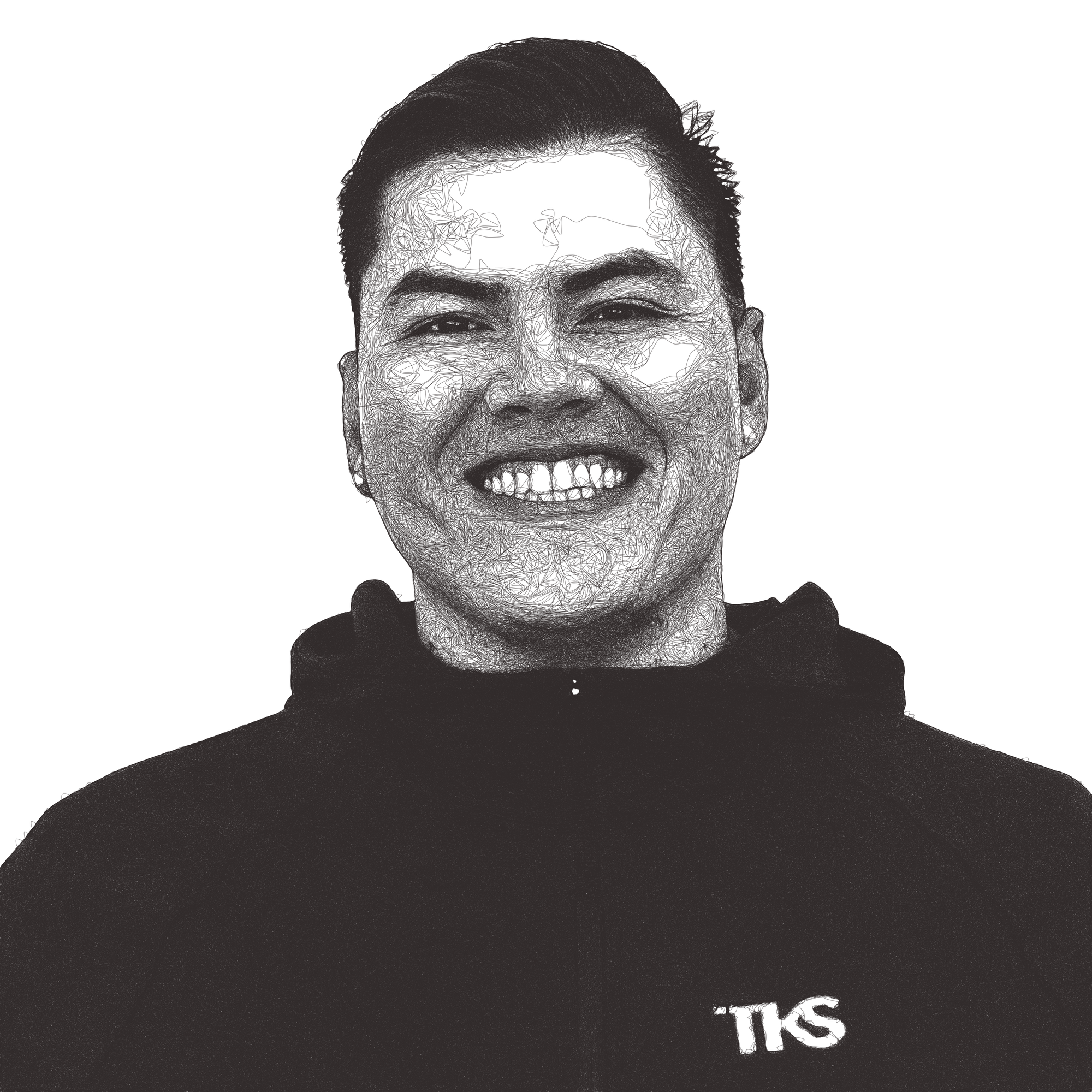
How did The Knowledge Society get started?
The Knowledge Society was started by two brothers, Navid and Nadeem Nathoo, who both had successful careers in tech entrepreneurship and business consulting, respectively. Eventually they both returned to Calgary and found themselves reflecting on the impact they were making and questioning what really mattered in their careers.
So, they ran a thought experiment: “If we had $100 billion in the bank, what would we build?” The answer was a program that helps young people become better thinkers and problem solvers. They wanted to focus on teaching young people how to learn, so that they could apply that skill to whatever they chose to pursue. The idea was to enable people to recognize meaningful problems when they came across them and to have the tools to do something about it.
In 2016, they launched TKS in Toronto with a very scrappy approach. It started with the two of them knocking on doors, talking with schools and businesses, and trying to set up a weekly session format. They created a curriculum centered on emerging technologies and economically motivated problem-solving strategies.
How did the program grow and evolve?
As the program gained traction, they brought on directors from diverse backgrounds. One example is Ian Locket, who launched the Ottawa program and is the current VP of partnerships and strategy. He had a background in venture capital and media. Despite his success, he hit a wall in terms of fulfillment and saw TKS as a way to use his skills to help young people.
Another director named Hari Mahesh was the youngest employee at Johnson & Johnson. He later got into venture capital and has a really interesting story, having dropped out of high school. Each director brings their own unique experience and energy to the program.
TKS started in Canadian cities like Toronto, Calgary, Ottawa, and Vancouver, and then expanded into the United States with programs in places like Las Vegas, LA, and Boston. These local programs vary in length and consistency. Some last a year, then close, while others open up based on demand. It’s a dynamic model that adapts to local interest and community engagement.
How would you describe the TKS experience for a student?
At its core, TKS is like personal coaching at the highest level for teenagers. It’s designed for students who are ambitious and deeply curious. This is focused on teens who want to build in emerging technologies and who care about improving the world around them. It gives them the tools and mindset to solve hard problems and explore big ideas.
What makes it unique is the level of respect and seriousness with which students are treated. We don’t look at them as “just kids.” That perspective tends to underestimate their potential. Instead, we try to see who they might be at 30 and accelerate them toward that future. We focus on character, curiosity, and compassion as key indicators of long-term potential.
The training includes work on communication, public speaking, negotiation, and problem-solving frameworks. This is more than learning facts. It’s about becoming the kind of person who can make an impact. These students aren’t just studying the future; they’re preparing to build it.
Do you have an example of a student success story?
Ada is a great example. She joined our virtual program from Delhi, India, on a full scholarship. Her family didn’t have the means to put her in a program like TKS and pushed her into a rigid education system that didn’t bring her any joy. But she was deeply curious, and her early projects showed effort, originality, and a desire to help others. That was enough for us to say yes for a full scholarship.
Through the program, she began exploring optogenetics and neurotech. She was curious about using light-based systems in cancer therapy, which we bonded over because I had done work in optogenetics during college. Then she decided to learn AI and signal processing. She met with me weekly, consistently showing up prepared and taking notes.
Her growth was rapid. She created professional consulting decks for companies like Walmart that she used to pitch companies, which led to an internship with an ESG consulting firm called Ekintel. She then earned a major scholarship to attend college in the US and got into Minerva University. From being confined in a home in Delhi to studying globally, Ada’s journey is extremely powerful.
What kinds of projects and technologies are you and your students exploring right now?
AI continues to be a major focus, especially projects that go beyond language models. I’m particularly excited about students applying AI to neurotech. Like, using convolutional neural networks to identify brain cancer or building models that help predict motor neuron firing for people with prosthetics. These students are starting to unravel how the brain works using tools that weren’t available even a few years ago.
Another student is building an fMRI system that tracks waste clearance in the brain, a key part of understanding diseases like Alzheimer’s and Parkinson’s. This kind of neurotech is often locked away in the clinical space, but we’re seeing students explore how it could be used in more consumer-facing applications. It’s an exciting area where progress could have measurable health benefits.
Outside of AI and neurotech, quantum computing is another field I’m watching closely. It promises a major leap in capability that could change how we approach everything from climate modeling to cryptography. I’m also excited about synthetic biology in terms of things like designing molecular machines, understanding protein folding, and using platforms like Benchling to unlock biological data. It’s a great time to be working with young people in science and tech.
How can people get involved with TKS?
My goal is to launch TKS Seattle in September 2025. That would mean a couple of cohorts—maybe 60 to 100 students—coming together weekly to learn about emerging tech, mindsets, communication skills, and creative problem solving. It’s about training the next generation of builders and thinkers.
The biggest thing right now is spreading awareness. We want more students and families to know about the program. Applications are free, and we offer financial aid and full and partial scholarships, so access shouldn’t be a barrier. We’re looking for students who are curious and ready to take initiative.
Beyond student recruitment, we also need partners during the program year. Right now, we’re running consulting challenges with Microsoft, Samsung, and Maverick Bio Metals. We ask professionals to review student pitch decks and give feedback. We also need judges for our Moonshot project at the end of the year, where students design startup ideas and pitch them live.
Mentorship is another huge area. We’re always looking for people who can give students insight into specific industries, provide technical feedback, or help them navigate early career questions. Even one conversation with a professional can change a student’s direction. So if anyone feels called to support young people, we welcome them.
HAUS specializes in public relations and creative services for deep tech startups.
